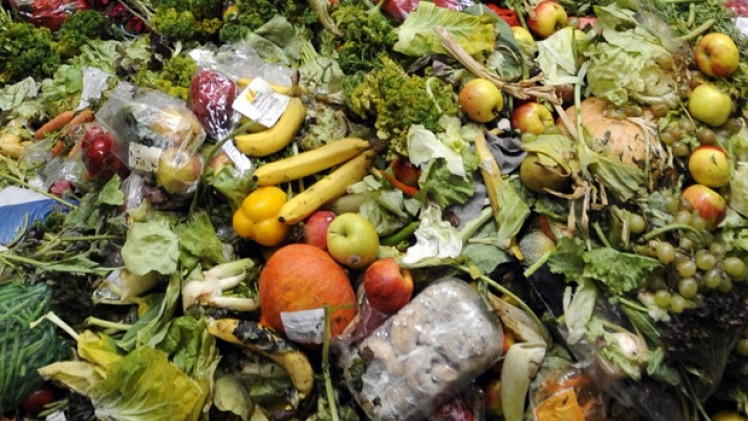
 France bans supermarkets from throwing out unsold food
France bans supermarkets from throwing out unsold food
Food waste remains a worldwide issue, with an estimated 1.3 billion metric tons of edible food (roughly one-third of all produce) being thrown away every year. Saving just 25% of this yearly waste could feed up to 870 million people.
On top of that, not only is the annual global cost of such waste valued at almost $1 trillion but the landfill for this unused food also serves as a major source of methane emissions, releasing more greenhouse gas into the atmosphere than any single country, save for China and the US.
For the last two years, France has been paving the way forward for this issue since they became the first country in the world to prohibit supermarkets from throwing away edible food. In February 2016, legislation was unanimously passed obligating stores to give their excess food to charity or face a $4,500 fine for each infraction.
Around 125,000 volunteers from charities and food banks are regularly picking up unsold food from over 9,000 supermarkets across the country to distribute to families in need. Thanks to the recent laws, almost half of France’s food bank donations now come from supermarkets, much of it being meat, vegetable and fruit products that provide nutritional alternatives to the usual canned good contributions.

The 2016 legislation isn’t the only measure the country has in place to reduce waste, with other laws requiring schools to teach students about sustainability, restaurants to provide take-out bags for customers, and companies to include food waste statistics in environmental reports. Subsequently, last year France earned first place in the 2017 Food Sustainability Index, which surveyed 25 countries across a range of continents.
The legislation has had its share of criticism from food waste groups, who believe that the laws leave too much wiggle room for companies to still throw out large quantities of food while donating the bare minimum. Nonetheless, it’s a step in the right direction for making waste reduction the new norm and remains an example that the rest of Europe may do well to follow.
